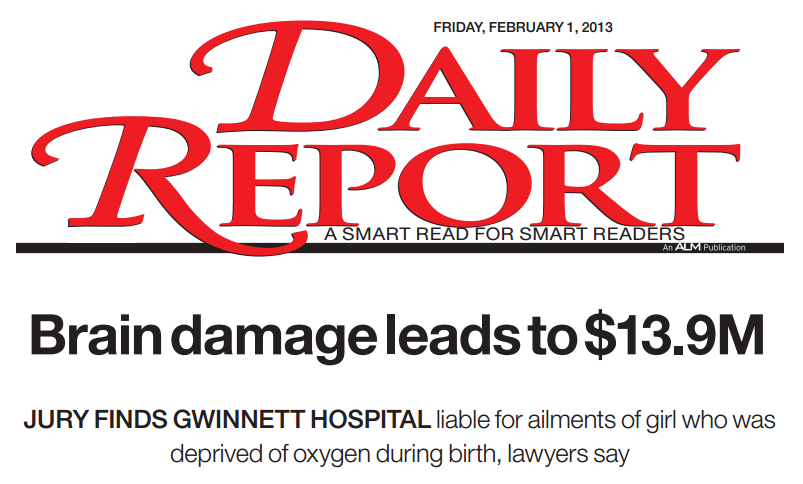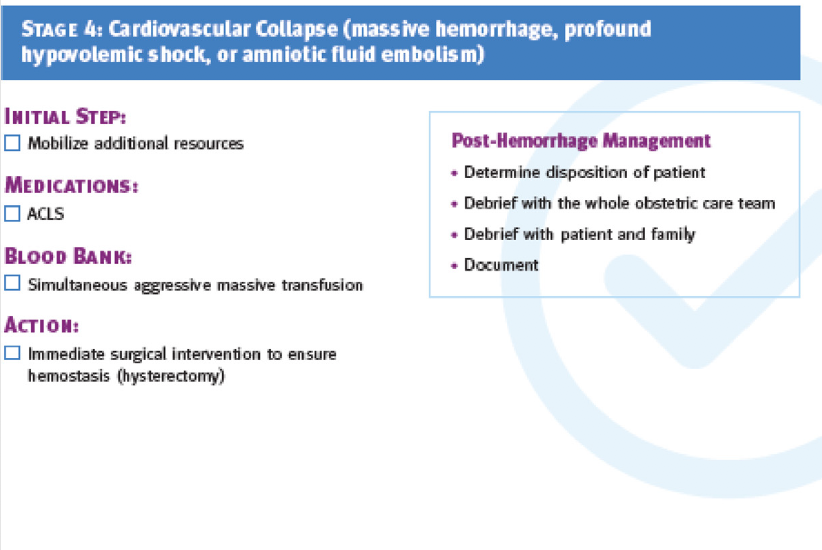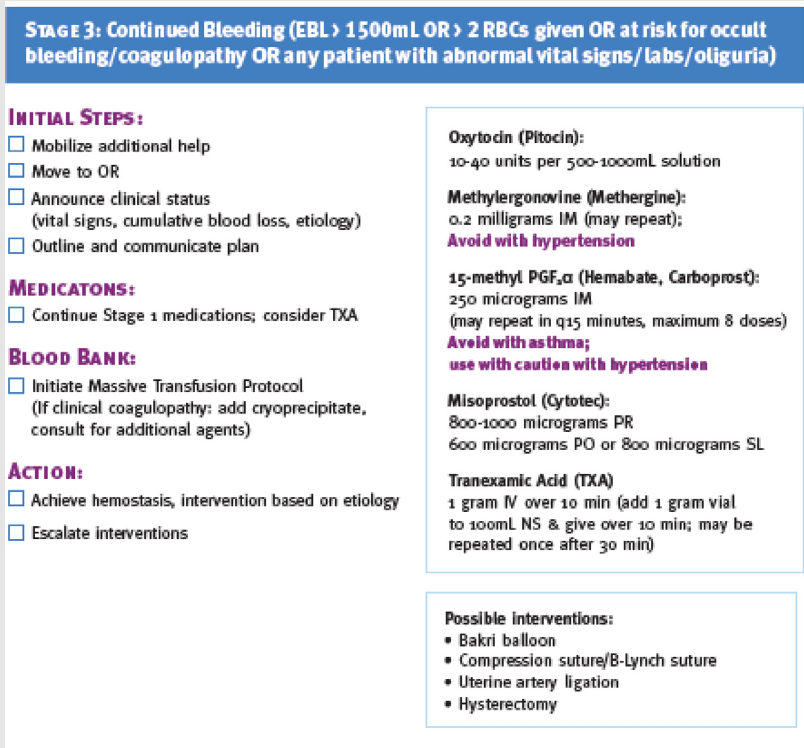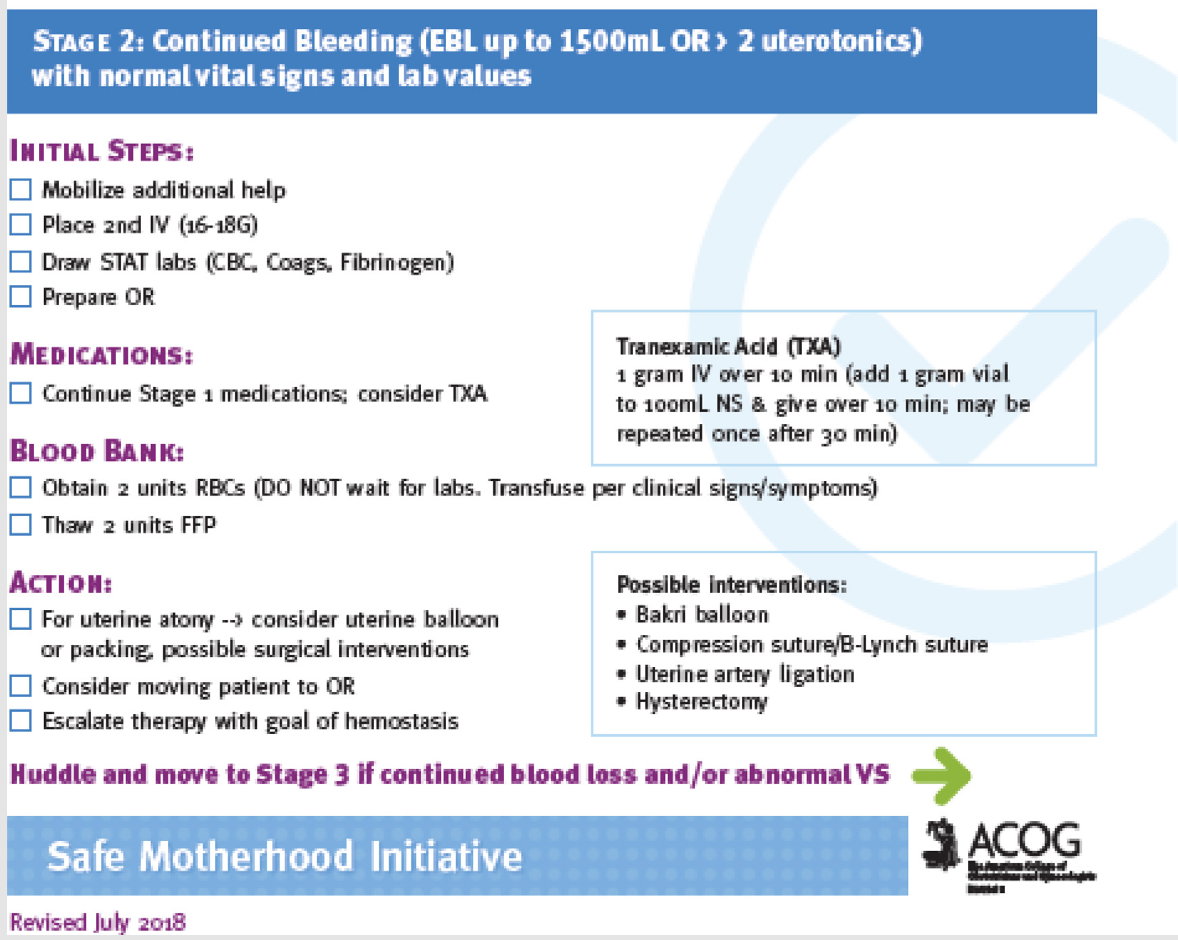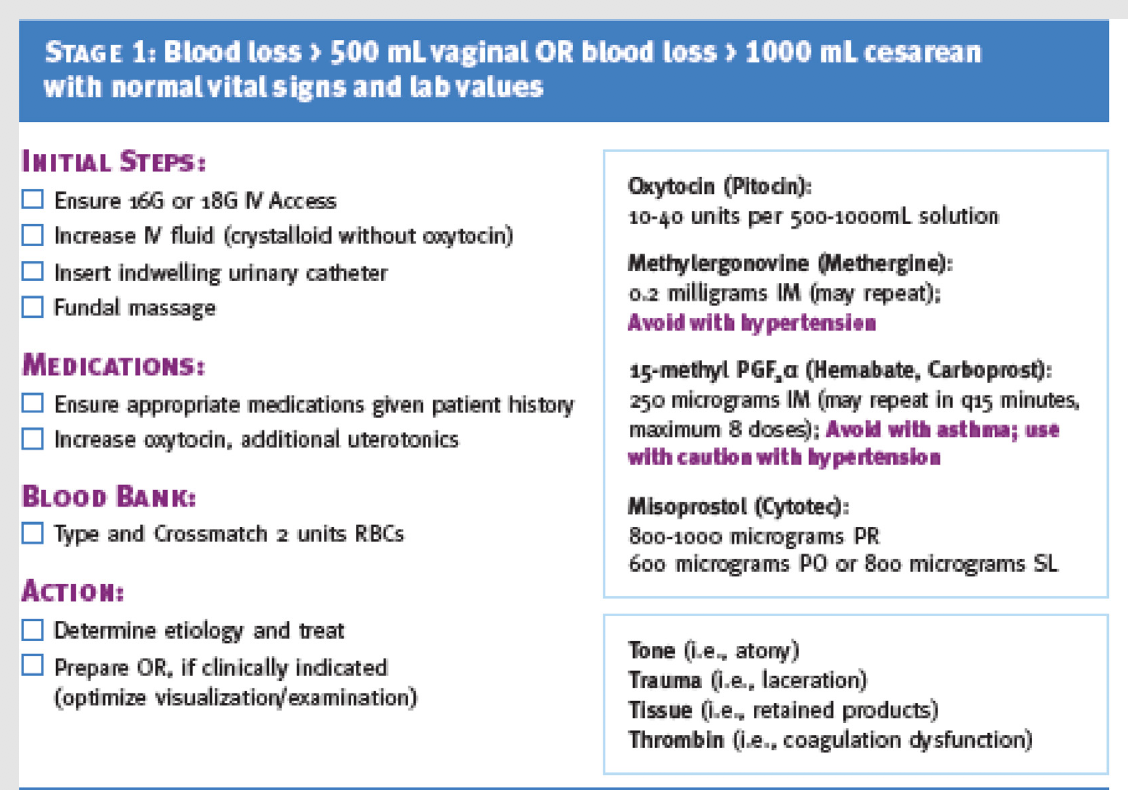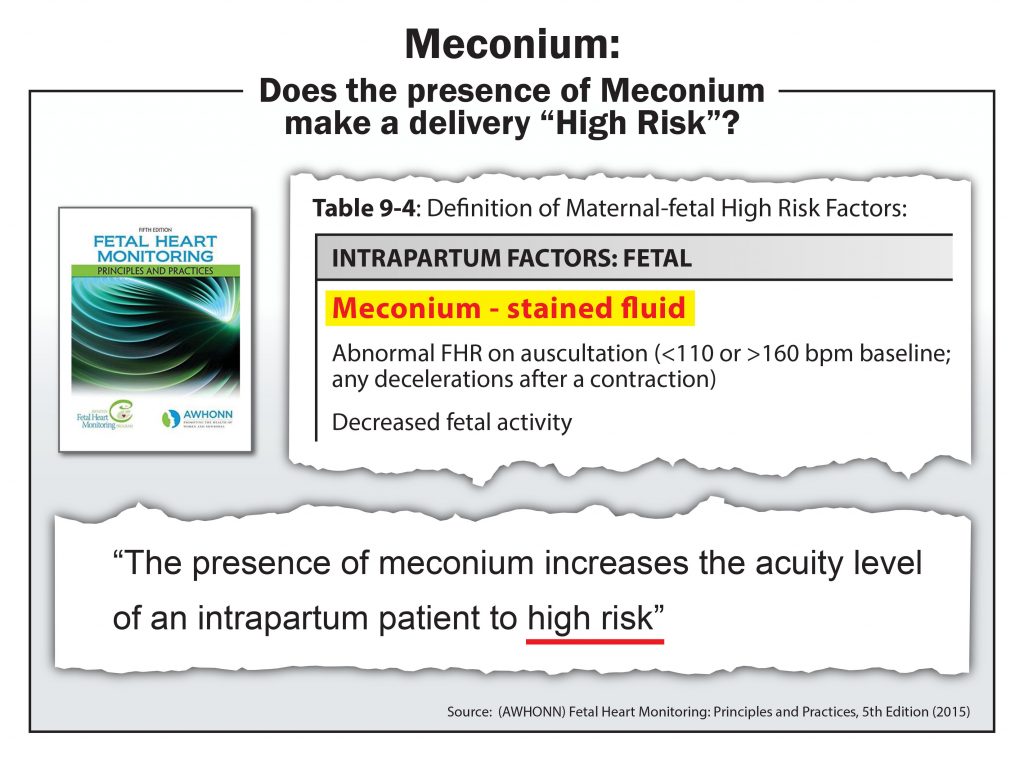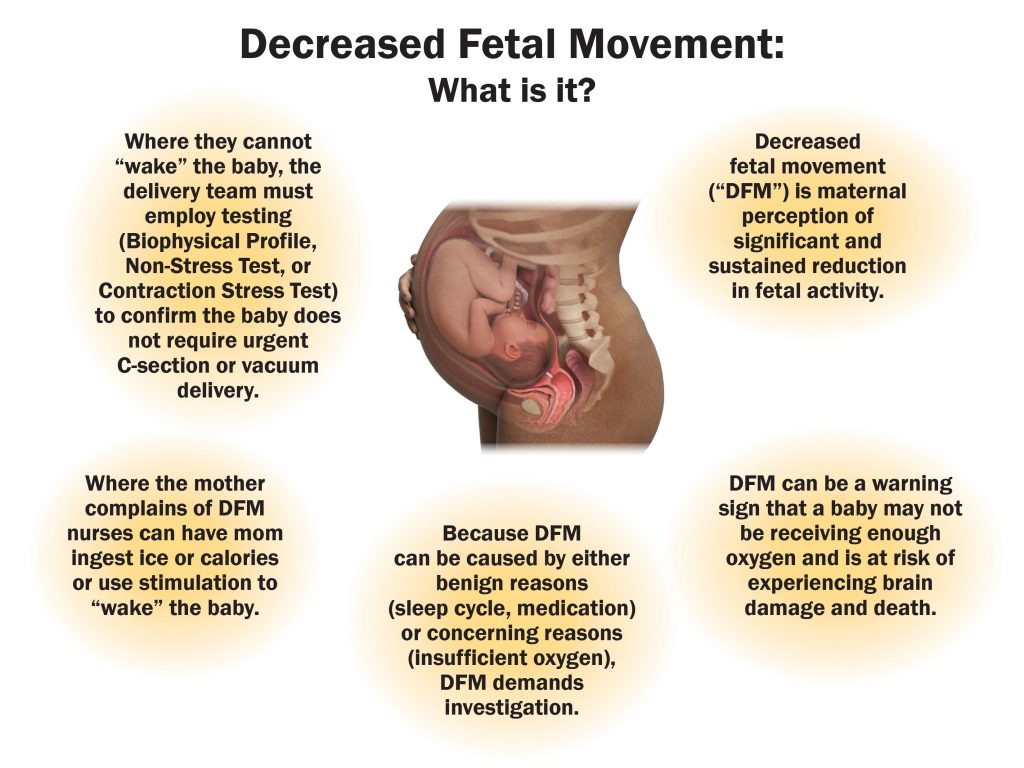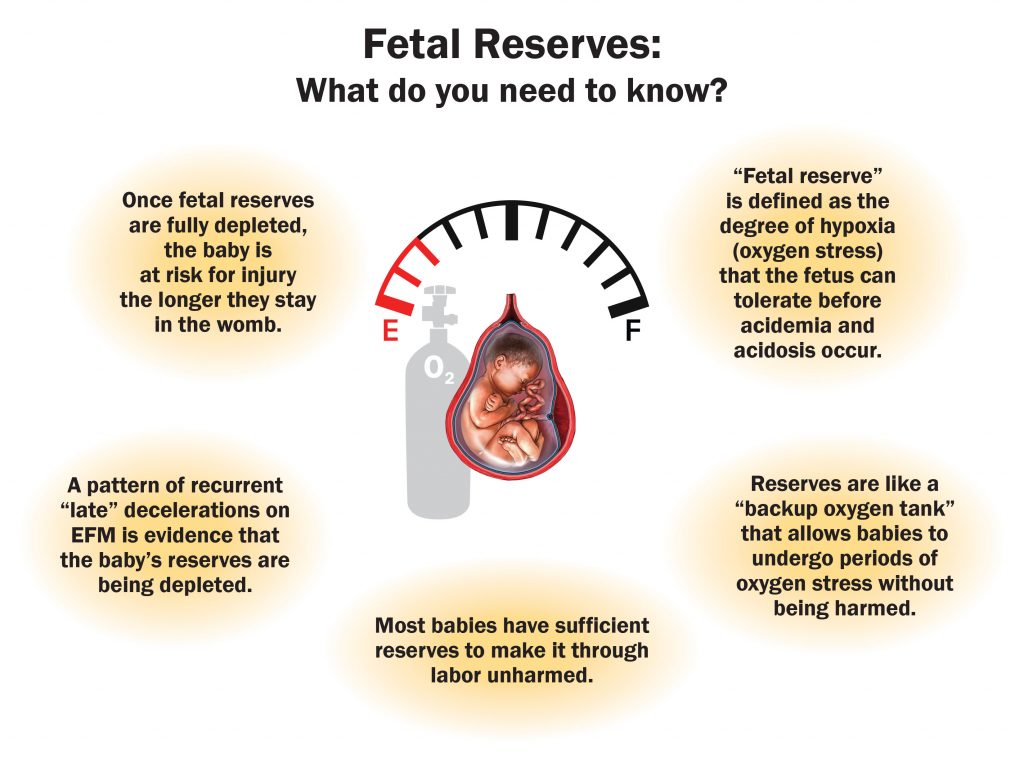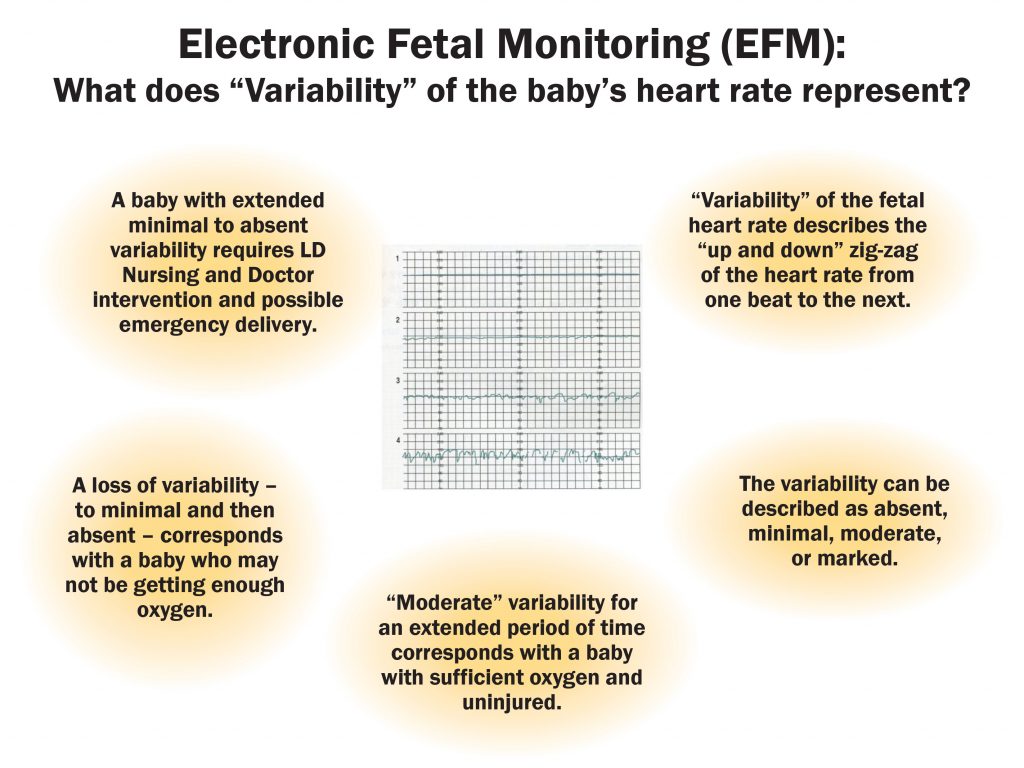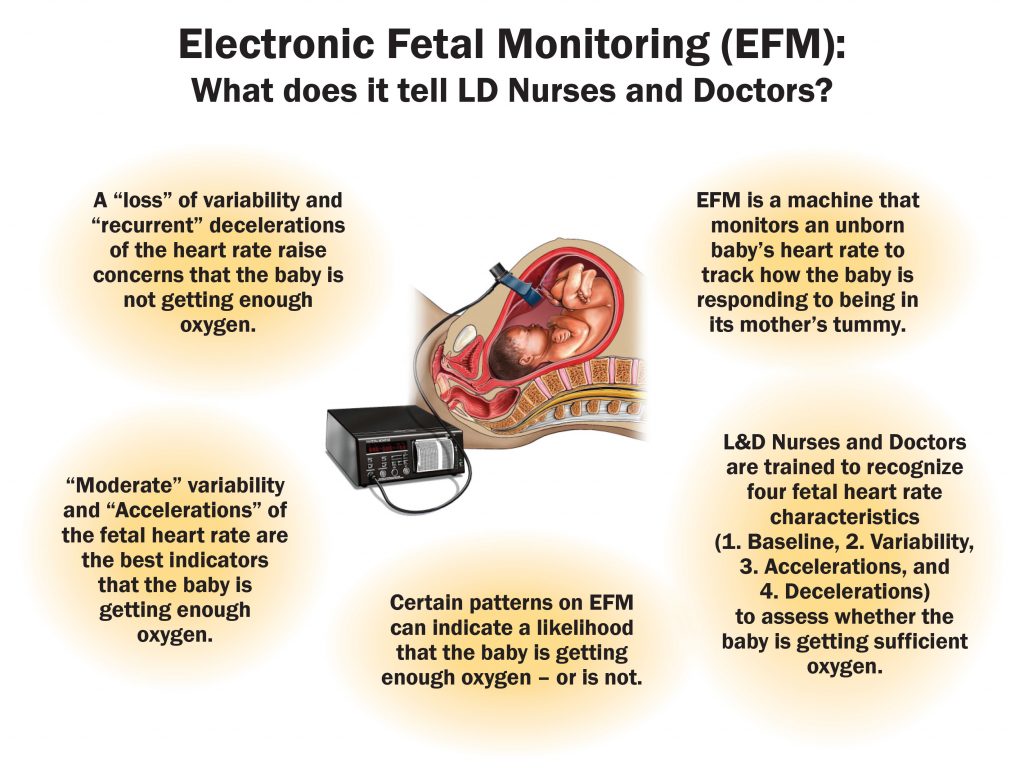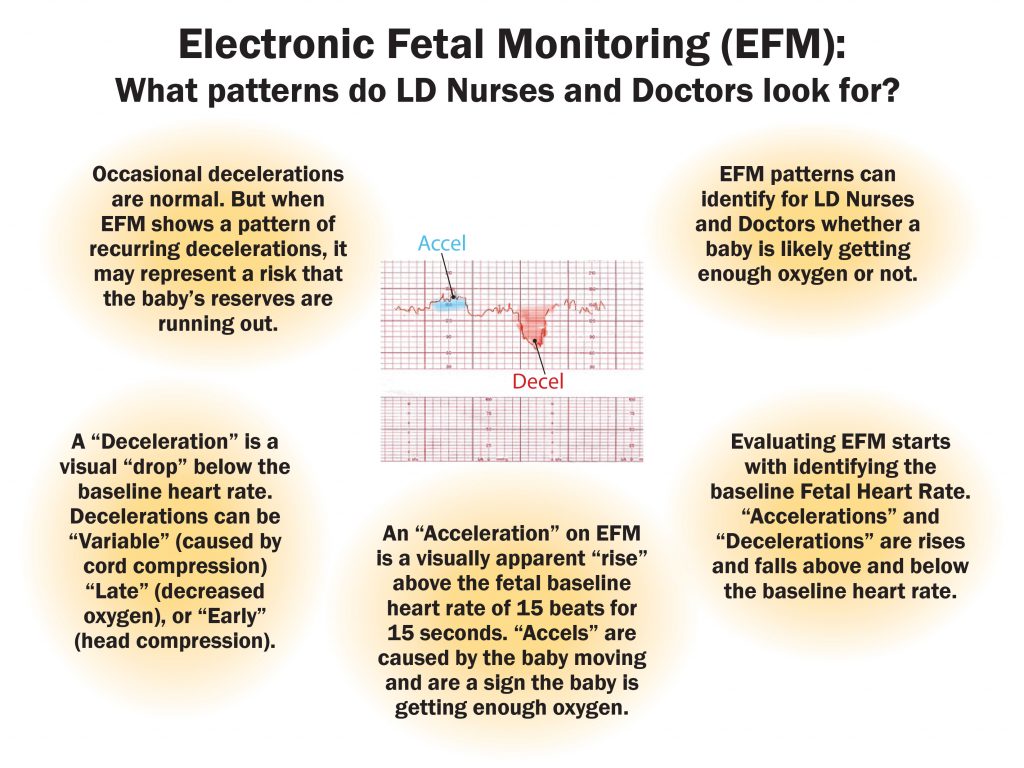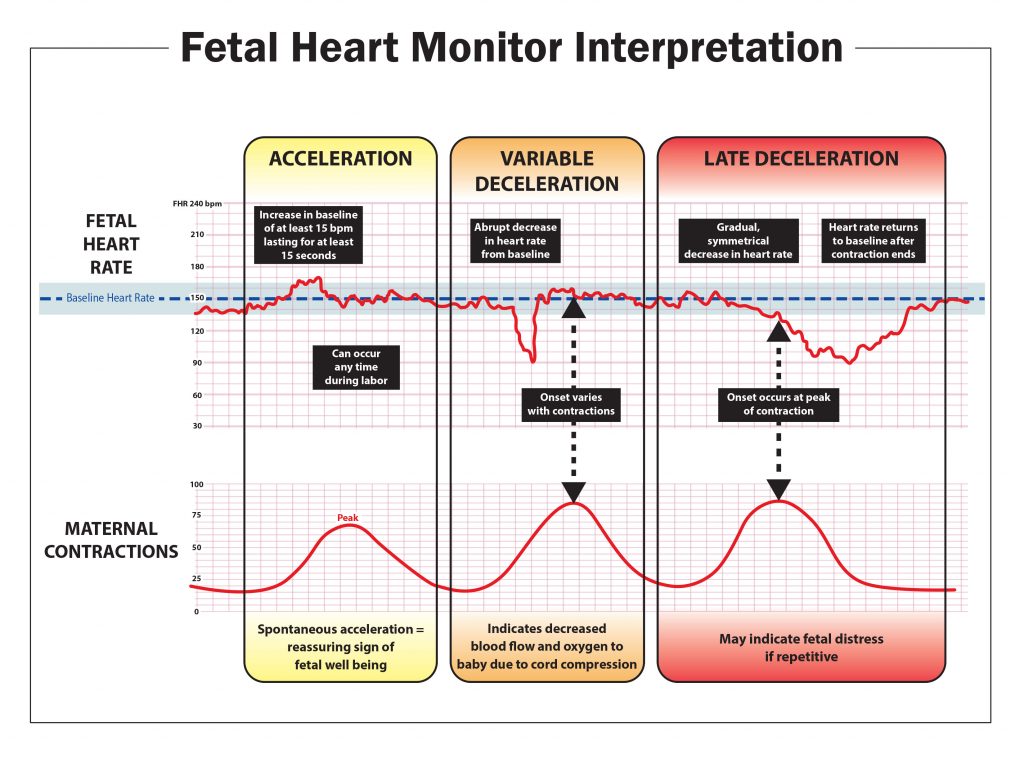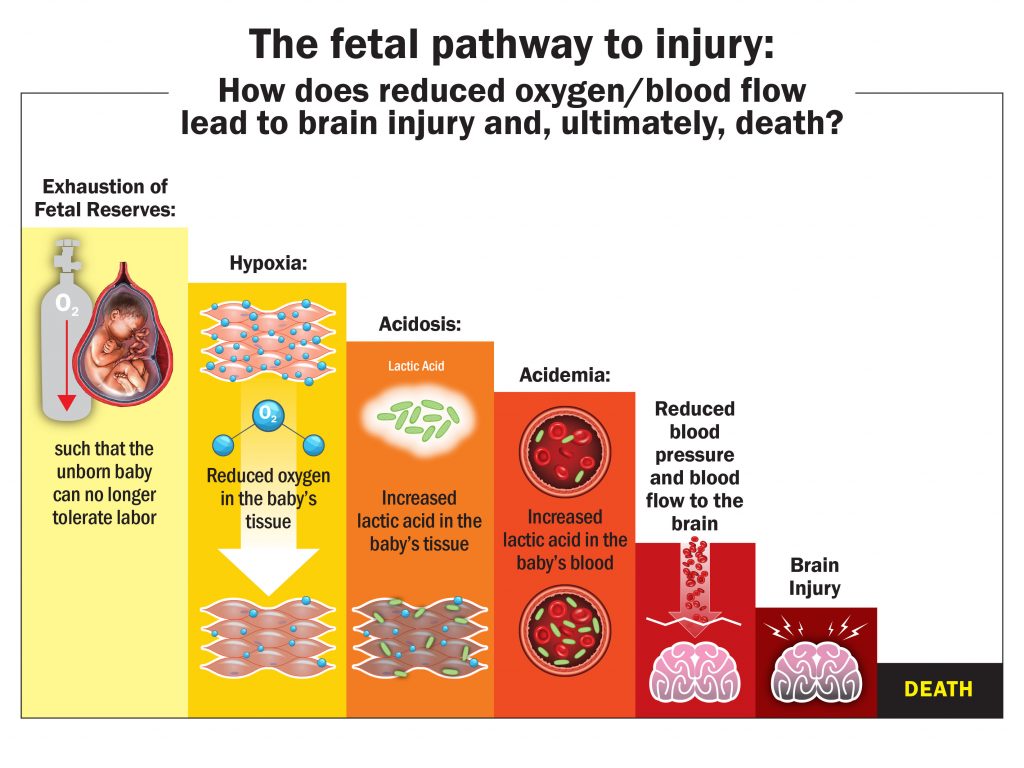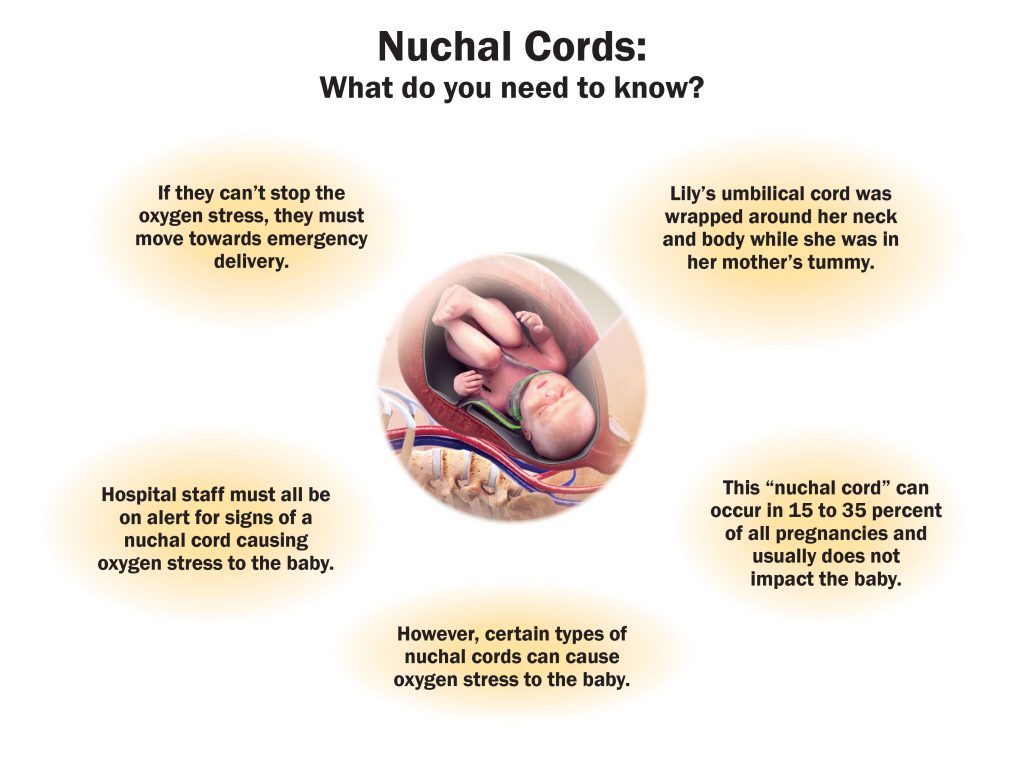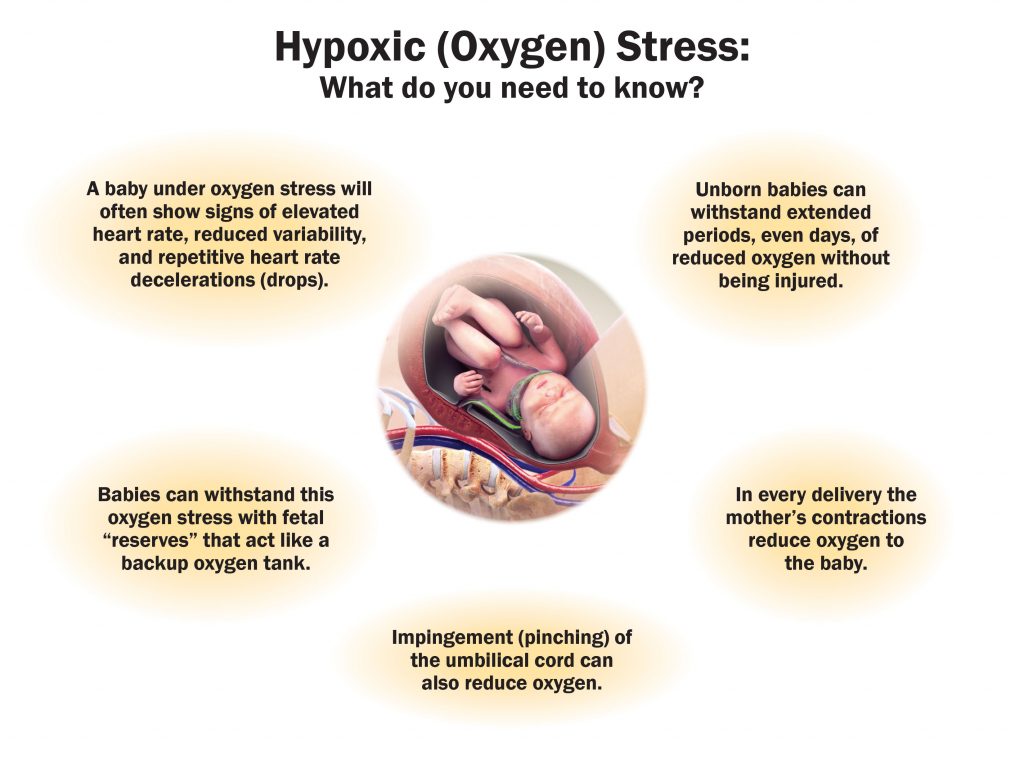Here at Tyrone Law Firm, we do everything we can to help families who have children with special needs. In fact, we have dedicated members of our staff who have had to navigate a path for their own children. If you are a parent of a child with Cerebral Palsy or hypoxic brain injury, we hope these posts will bring you new resources for you, your child and family:
Seizures are pretty common for children with cerebral palsy, but not all children have them. Some, however, have epilepsy, a more severe case of seizures. Whether a child has seizures or epilepsy, they have one thing in common, these episodes can be life-threatening. Maintaining control of epilepsy is extremely important for anyone who may have it.
A seizure is defined by the Epilepsy Foundation as “a sudden surge of electrical activity in the brain.” Many things can be the cause of a seizure, from brain damage to a fever. Having a seizure can effect the way a person feels for a while, causing them to lose consciousness or stop breathing.
Although some people think they are, seizures are not a disease. Having one seizure does not mean that a person has epilepsy. Epilepsy is a diagnosis for a person that has neurological disorder, that is a series of seizure episodes that are associated with abnormal electrical activity in the brain. So a person that has repetitive seizures will have a diagnosis of epilepsy.
There are many things parents can do to help manage a child’s seizures. Making sure a child is on their side during a seizure will decrease the likelihood of them choking on vomit. Making sure a child’s head is safe from hitting objects and protecting a child from a fall is most important as further injury could occur.
Parents should not shake the child to try and stop a seizure as once one has started, it cannot be stopped without medical intervention. Some children will be prescribed medication that parents can use if a seizure gets to a certain length of time or severity. Parents should not put objects, such as a tongue depressor, in a child’s mouth. Placing objects in the mouth could restrict airways or cause the child to choke.
If a child has a seizure that restricts breathing, causes them to lose complete consciousness, causes injury or has subsequent seizures to follow, parents should seek medical attention. Following a seizure, most children will bounce back to their normal self, if not, this may give reason for medical attention as well.
Following up with your child’s healthcare provider, most commonly their neurologist, is important after a seizure. Your child’s medication may need to be increased or changed. This should only be done by their healthcare provider. Many children live with epilepsy. Those with brain damage or a birth injury, such as cerebral palsy, are more likely to have seizures. Managing them with a doctor is important to ensure your child has the best quality of life possible.
If you wold like to know more about seizures or epilepsy, you can find information online at http://www.epilepsy.com/learn/epilepsy-101/what-seizure or http://www.cerebralpalsy.org/information/seizure-control. If our firm can ever help you or someone you know, please don’t hesitate to contact us at the Tyrone Law Firm.

